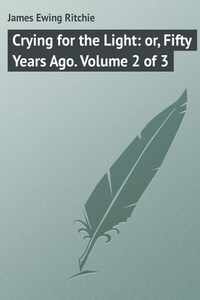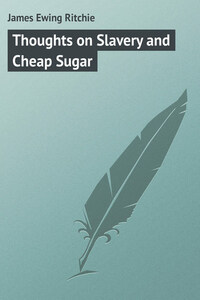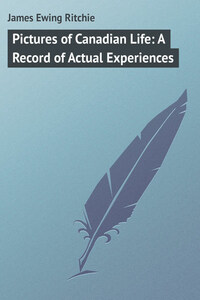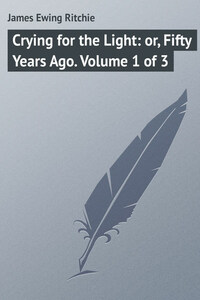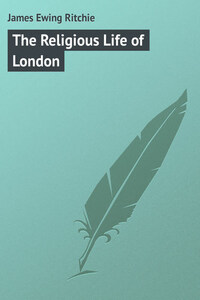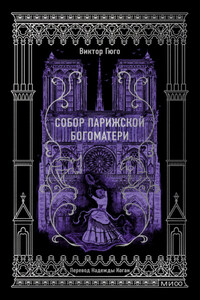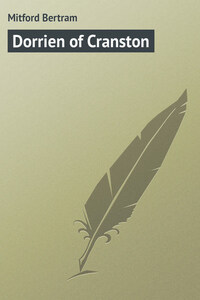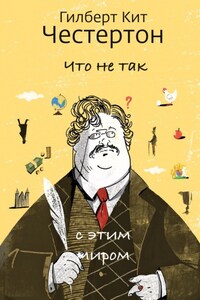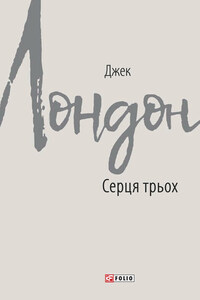CHAPTER XI.
THE STRUGGLES OF A SOUL
There comes to us all a time when we seek something for the heart to rely on, to anchor to, when we see the hollowness of the world, the deceitfulness of riches; how fleeting is all earthly pleasure, how great is the need of spiritual strength, how, when the storm comes, we require a shelter that can defy its utmost force. Out of the depths the heart of man ever cries out for the living God. The actress Rose felt this as much amid the glare of life and the triumphs of the stage as the monk in his cloister or the hermit in his desert cell. Like all of us, in whom the brute has not quenched the Divine light which lighteth everyone who cometh into the world, she felt, as Wordsworth writes:
‘The world is too much with us, late and soon;
Getting and spending we lay waste our power.
Little we see in Nature that is ours;
We have given our hearts away a sordid boon.’
She felt, as we all must feel, that there is something more than this feverish dream we call life – something greater and grander and more enduring beyond. To her the heavens declared the glory of a God, and the firmament showed forth His handiwork. To her day unto day uttered speech, and night unto night showed forth knowledge. She had no wish to shut out Divine speech. Her labour was how best to hear it, and most quickly to obey. The history of humanity testifies to this one all-pervading desire in ages most remote, in countries the most savage. As the great Sir James Mackintosh wrote to Dr. Parr in 1799, after the loss of his wife: ‘Governed by those feelings which have in every age and region of the world actuated the human mind to seek relief, I find it in the soothing hope and consolatory reflection that a benevolent wisdom inflicts the chastisements, as well as bestows the enjoyments of human life; that superintending goodness will one day enlighten the darkness which surrounds our nature and hangs over our prospects; that this dreary and wretched life is not the whole of man; that an animal so sagacious and provident, and capable of such science and virtue, is not like the beasts that perish; that there is a dwelling-place prepared for the spirits of the just, and that the ways of God will yet be vindicated to man.’ Our actress felt the same; she had, she felt, a soul to be saved, a God to be loved, a heaven to be won.
But how? Ah! that was the question. Naturally she turned to the old Church of Christendom, the Church that calls itself Catholic and universal. She went to the priest; he showed her a bleeding Saviour, and a burning, bottomless pit. She trembled as she stood in the old dim cathedral, where no light of heaven ever came, where no voice of mercy ever penetrated, where the whole air of the place was redolent of priestcraft and artifice and sham.
‘You,’ screams the priest, ‘are all unjust, extortioners, adulterers, dead in trespasses and sins. Give me money, and I will make it right with the Almighty. Down on your marrow-bones, eat fish on a Friday, count your beads, confess to me – a man no better than yourself – pay for Masses. In my hand is the key to eternal joy; pay my fees, and the door shall be unlocked, and you shall straightway go to paradise.’
Refuse, and he shows you an angry Jehovah, in His rage destroying a fair world which He Himself had called into being and filled with life, and sweeping millions into torments that never end. The sight is awful. Happily, reason comes to the rescue, and the priest and the cathedral, and the Mass and the music, the incense and wax lights, disappear.
Enter the State Church, not of the Romanist, but the Protestant, where you are told you are made a child of God in baptism, where the cure of souls is sold in the market-place, and where the Bishop, or overseer of the Church, often is put into his high position because he is a relative of a lord, or is a firm supporter of the Minister of the day. There is no room for the anxious inquirer in a Church which rejoices in the Athanasian Creed, and which regards all Free-Church life as schism. With its pomp and wealth and power, with its well-paid clergy, in time past on the side of the rich against the poor, of abuse and privilege against the rights of the people and the progress of the nation, the Church has left the masses whom it was paid to teach and save little better than heathen. You ask, What has it to do with the religion of Jesus of Nazareth, the carpenter’s son? What is it but an institution to give an air of respectability to life, to confer a prestige on the church-goer, and to lend an additional charm to a State ceremony? Is it not there emphatically that, as a rule – to which there are splendid exceptions —
‘The hungry sheep look up, and are not fed;’
that is, if they need something more than a musical performance or a conventional observance?
